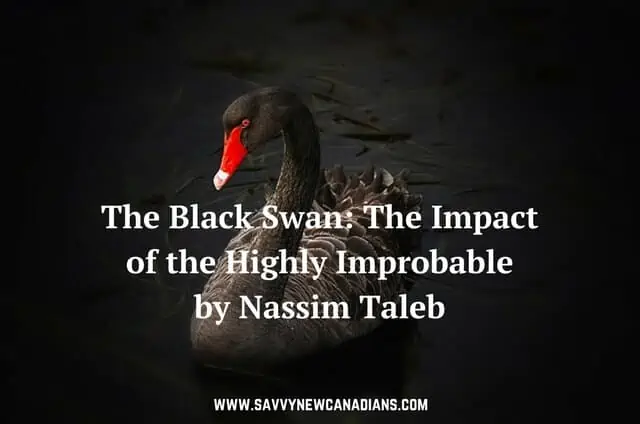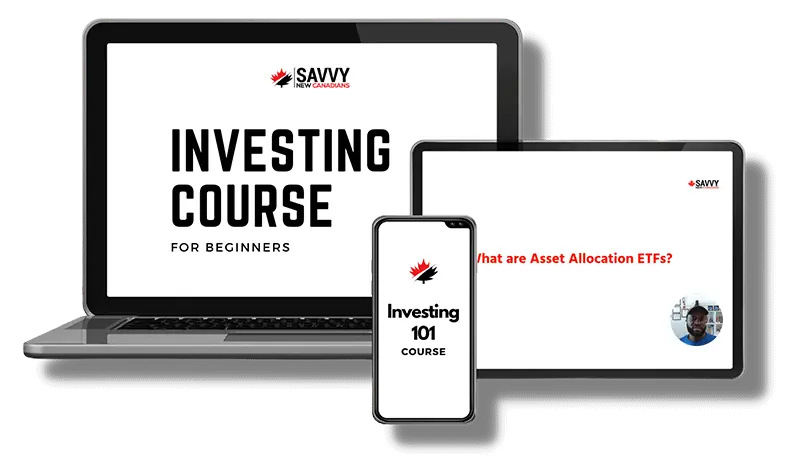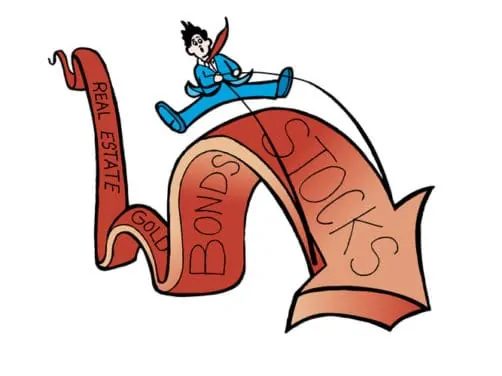Nasim Nicholas Taleb is a well-known voice in the subject areas of risk, randomness, and uncertainty.
A former options trader, risk analyst, and hedge fund manager, Taleb is currently regarded as a scholar, essayist, and serves as Distinguished Professor of Risk Engineering at the New York University Tandon School of Engineering.
I have previously reviewed another book by Taleb – Fooled By Randomness: The Hidden Role of Chance in Life and in the Markets.
Taleb starts his book The Black Swan by defining what a Black Swan is: it’s an outlier, carries an extreme impact, and humans find explanations for it after the fact.
Black Swan refers to rare events, aka uncertainty. The Black Swan is a continuation of Fooled by Randomness and a part of the four books in his Incerto Series which includes: Fooled by Randomness, The Black Swan, Antifragile, and The Bed of Procrustes.
Part One: Umberto Eco’s Antilibrary, or How We Seek Validation
Taleb goes on to briefly describe his childhood and how no one was able to predict the war and unrest in Lebanon (or the Levant, as he prefers to call the major cities of the eastern Mediterranean), a region that had been at peace for centuries and then degenerated to civil war almost overnight.
To him, this was an example of a Black Swan event and goes to show that humans are terrible at predicting the future, but great at finding explanations for events by looking backward (self-delusion).
He divides randomness into two categories: Type 1 randomness (or Mediocristan) including height and weight of individuals, car accidents, mortality rates, etc., and Type 2 randomness (Extremistan) including wealth, financial markets, inflation rates, economic data, book sales per author, etc.
Mediocristan works well with the Bell Curve (Gaussian Distribution), while Extremistan refers to matters that are scalable and not adequately represented by the Bell Curve.
He talks about the problem of induction (Hume’s problem). A Black Swan problem is a by-product of your expectations. “In other words, it occurs relative to your expectation.”
Our reaction to information or events is based on the other information (or framework) surrounding it – not necessarily on its logical merit (round-trip fallacy).
We try to find an interpretation for everything and do it subconsciously. This narrative fallacy is “… associated with our predilection for compact stories over raw truths.” Internal mechanisms that contribute to our blindness to Black Swans include confirmation bias and narrative fallacy.
Part Two: We Just Can’t Predict
Here, Taleb notes that we just can’t predict the big events that have the ability to impact us significantly – for good or bad.
“The more information you give someone, the more hypotheses they will formulate along the way, and the worse off they will be. They see more random noise and mistake it for information.”
“In practice, randomness is fundamentally incomplete information.”
“Randomness, in the end, is just unknowledge. The world is opaque and appearances fool us.”
The Black Swan has three attributes:
- Unpredictability
- Consequences
- Retrospective explainability
Taleb introduces an investing strategy – Barbell Strategy – a technique that is both “hyper-conservative” and “hyper-aggressive”, like investing 85-90% of your funds in Treasury Bills (extremely safe) and the remaining 10-15% in extremely risky (speculative) bets that are highly leveraged.
The most you can lose is 10-15% of your portfolio while having a positive exposure to the Black Swan. I assume it was trades like this that made Taleb millions of dollars in the financial crashes of 1987 and 2007/2008.

Part Three: Those Grey Swans of Extremistan
The author believes that we are better off without the Gaussian bell curve as it significantly underestimates risk and the probability of the occurrence of a Black Swan.
And, just as he did in Fooled by Randomness, he shows his disdain for economic forecasters and some recipients of the Nobel Prize in economics – including Harry Markowitz, William Sharpe, Myron Scholes, Robert Merton, etc.
Remember, Robert Merton and Myron Scholes were founding partners in LTCM, the trading firm that went bankrupt during the Russian financial crisis – a Black Swan event. Taleb goes on to refer to the bell curve as the great intellectual fraud.
Placing The Black Swan in a specific genre is difficult. It reads like a mix of the classics, philosophy, history, some economics (Although, I think Taleb would vehemently deny this), personal musings, and much more.
Depending on your educational background and/or familiarity with other writings by the author and his writing style, the difficulty you may experience with reading or understanding the book can be anywhere from 1-10 on a scale where “1” is easy-peasy and “10” is absolutely unreadable.
In general, for the value of the information contained therein, I rate the book an overall 4 out of 5 stars.
For the record, I like this author for his contrarian views, his irreverence to the “establishment” and his willingness to vigorously (and sometimes viciously) debate textbook knowledge we have taken always for granted.
Some other quotable quotes from The Black Swan:
“What you should avoid is unnecessary dependencies on large-scale harmful predictions – those and only those. Avoid the big subjects that may hurt your future: be fooled in small matters, not in the large. Do not listen to economic forecasters or to predictors in social science (they are mere entertainers), but do make your own forecasts for the picnic.”
“The more information you give someone, the more hypotheses they will formulate along the way, and the worse off they will be. They see more random noise and mistake it for information.”
“Missing a train is only painful if you run after it! Likewise, not matching the idea of success others expect from you is only painful if that’s what you are seeking.”
“It is contagion that determines the fate of a theory in social science, not its validity.”
“The inability to predict outliers implies the inability to predict the course of history.”
“The problem with experts is that they do not know what they do not know.”
“The next time someone pesters you with unneeded advice, gently remind him of the fate of the monk whom Ivan the Terrible put to death for delivering uninvited (and moralizing) advice. It works as a short-term cure.”
“I know that history is going to be dominated by an improbable event, I just don’t know what that event will be.”
“We are quick to forget that just being alive is an extraordinary piece of good luck, a remote event, a chance occurrence of monstrous proportions.”
“Remember that you are a Black Swan.”
Conclusion
The Black Swan is one of four other books in the ground-breaking incerto series.
Other books I have read and recommend in this series on uncertainty include Fooled by Randomness (Amazon) and Antifragile: Things that Gain from Disorder (Amazon).







Hi Steve, Fooled by Randomness is one of my favourite finance books. I like Nassim Taleb’s way of writing and look forward to reading his new book – “Skin in the Game.”
If only we could call when the next black swan event would be!
Teleb himself says it’s a white swan and not a black swan.